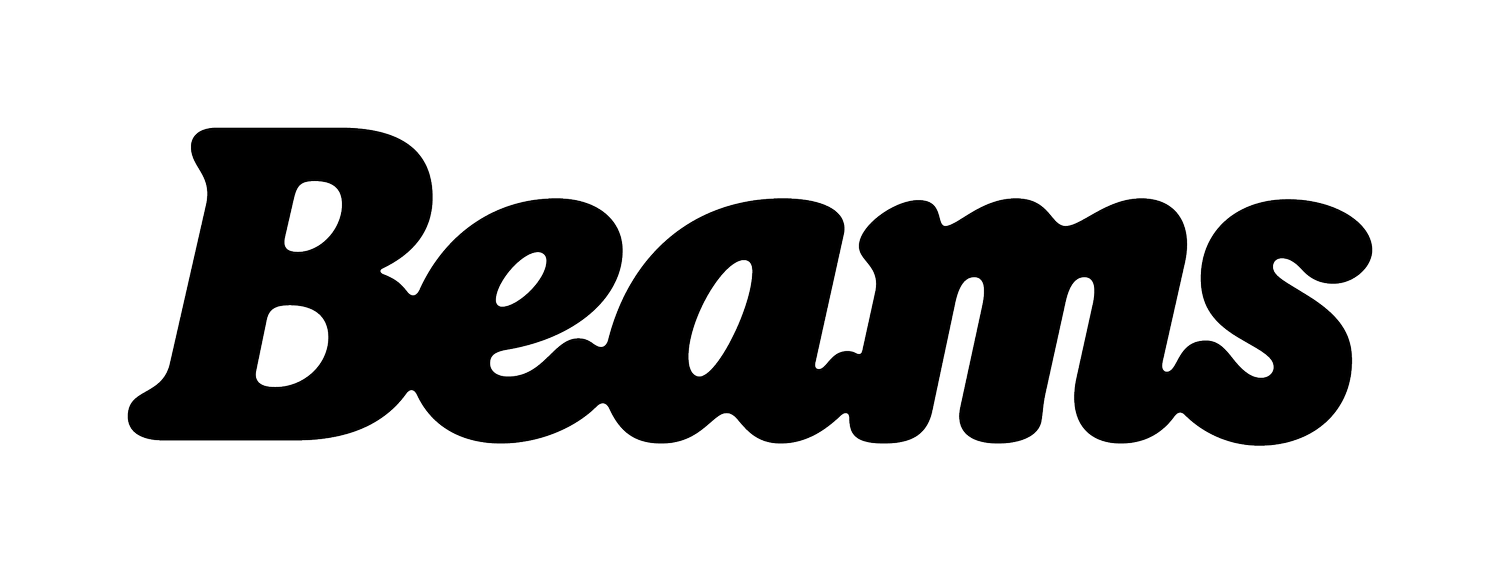Electric shower vs. combi boiler shower: Running costs compared
For UK households choosing between an electric shower or a combi boiler shower, the decision often comes down to energy usage and long-term running costs. While each has its merits, energy efficiency, fuel prices and household habits all play a role in the final bill.
TL;DR
Combi boiler showers tend to be cheaper to run long-term, particularly in gas-heated homes. Electric showers, though easier to install and more consistent in water temperature, may lead to higher electricity costs over time. Both options suit different priorities.
What is the difference between electric and combi boiler showers?
Electric showers heat cold water on demand using electricity — meaning they don’t rely on your home’s boiler. Combi boiler showers draw hot water directly from your gas boiler, blending it with cold water to reach your desired temperature.
Electric models are great for homes with low hot water demand, or where the boiler is unreliable. But combi setups tend to offer a more powerful, luxurious experience — especially with thermostatic mixers.
If you're renovating your bathroom and wondering how this affects layout, take a look at our guide on tiled vs acrylic shower enclosures — it could inform your decision too.
How do the running costs compare?
Electric showers typically use between 8.5 and 10.5kW per hour. At the current UK average electricity price of 24.5p per kWh (as of April 2025), a 10-minute daily shower could cost approximately £0.43 per use — that’s around £157 per year for one person.
A combi boiler, on the other hand, uses gas — currently averaging 7p per kWh. A 10-minute gas-heated shower might cost just £0.16 per use, or £58 per year for one person.
For larger households, the difference adds up quickly. According to Which?, combi boilers are generally more cost-effective for frequent or long showers, thanks to lower gas prices.
Do installation and maintenance costs differ?
Electric showers are usually cheaper and quicker to install — especially if there’s no existing pipework. You’re looking at £250–£500 for the unit and fitting.
Combi boiler showers require plumbing into your gas system, and potentially upgrading the boiler if it can’t cope with demand. Fitting a thermostatic mixer could cost £300–£700, not including boiler work.
However, an electric shower’s internal heating element can wear out faster, particularly in hard water areas, potentially needing replacement within 5–10 years.
If you're budgeting, it's worth reading our article on how much contingency budget to allow — unexpected plumbing and rewiring costs can surprise many renovators.
Why do some households still prefer electric showers?
Electric showers are independent of your central heating, which means you’ll always have hot water — even if the boiler breaks down.
They also make sense in en-suites or annexes, where extending the boiler circuit is impractical or costly.
And for landlords or landlords-to-be, the simplicity of installation and lower up-front cost can make electric showers more attractive — even if they’re marginally more expensive to run.
That said, electric models often have lower pressure, which can affect the overall showering experience.
Our take
We’ve worked on a range of bathroom installations across London, from high-efficiency flats to family homes with multiple bathrooms. In our experience, electric showers suit smaller households or occasional-use spaces. But for full-time family living — especially where comfort and performance matter — combi boiler systems tend to win out in the long run.
It also comes down to your renovation goals. If you’re doing a full bathroom overhaul and looking for a modern, seamless aesthetic, a combi boiler setup often integrates better — especially when paired with features like underfloor heating or thermostatic controls.
Looking for more renovation planning insights? We’d recommend exploring how to live without a kitchen during renovation — some of the same space-saving and heating decisions carry across.
